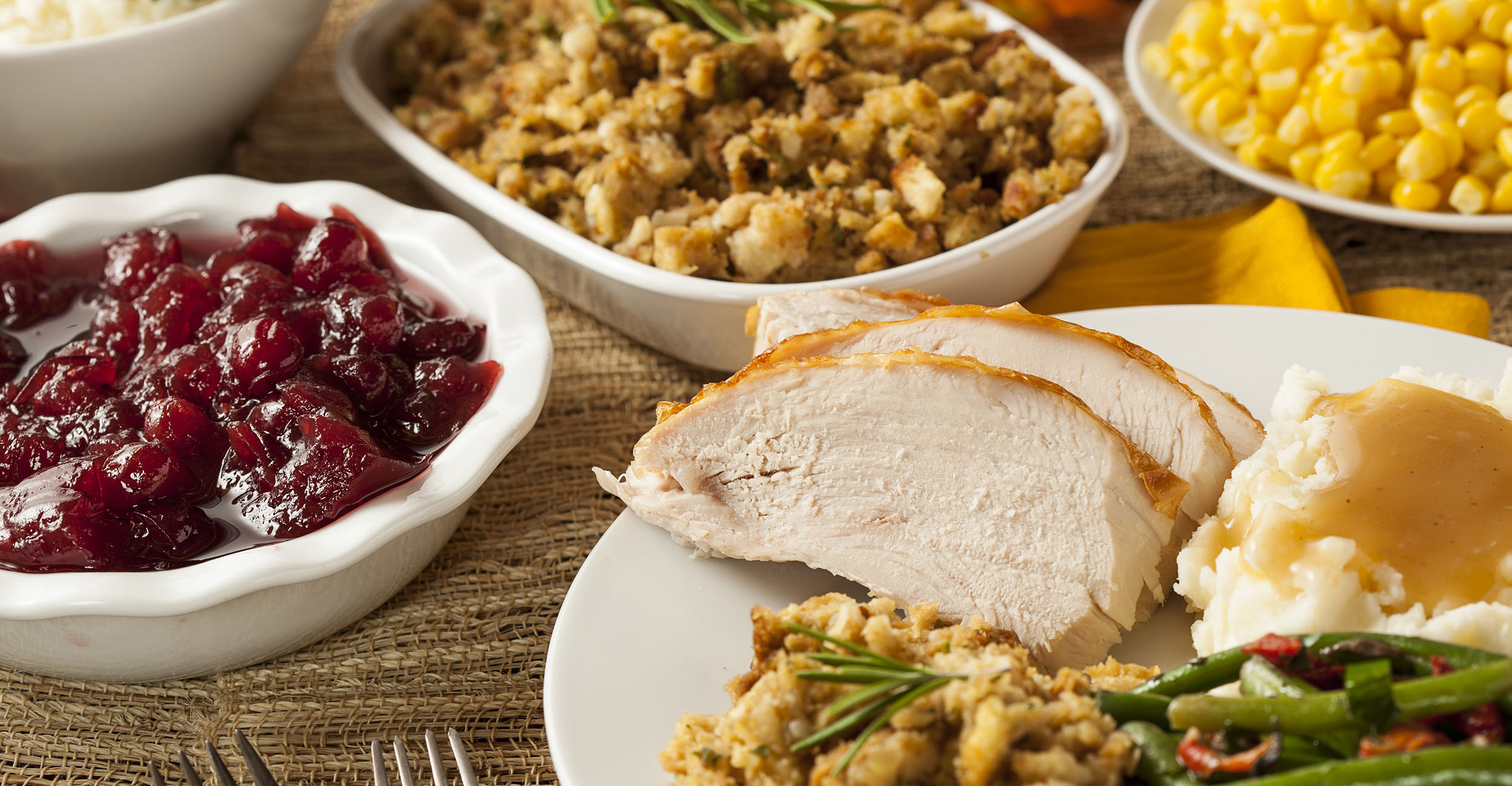
What causes post-meal drowsiness on Thanksgiving day?
Wednesday, November 17, 2021
Media Contact: Kirsten Hollansworth | Communications Graduate Student | 405-744-0442 | kirsten.hollansworth@okstate.edu
After devouring the traditional foods on Thanksgiving, the feeling of drowsiness can become overpowering. The post-meal nap on turkey day has given rise to the myth that glazed turkey can make a person feel heavy-eyed.
Natural sleep cycles and digestive patterns can cause people to feel sleepy after eating, but foods rich in protein and carbohydrates can make people feel groggier compared to other foods.
Some researchers believe a person feels tired after eating because their body is producing more serotonin, said Darren Scott, food scientist at the Oklahoma State University Robert M. Kerr Food and Agricultural Products Center.
“For years, conversations have placed the blame on the tryptophan in the turkey,” Scott said. “But there’s not that much more tryptophan in turkey than in other poultry.”
Tryptophan is an essential amino acid and is a nutrient people don’t normally produce in their bodies, but instead it typically comes from foods consumed, he said. There is approximately a quarter of a gram of tryptophan per 100 grams of poultry.
“The more likely culprit of drowsiness is basic science,” Scott said. “Thanksgiving menus often contain a copious number of foods high in sugars and carbohydrates.”
The amount of serotonin in a person’s brain becomes metabolized into melatonin as turkey and carbohydrates are digested, Scott said. It’s the melatonin that scientists think makes people feel drowsy.
So, feel free to take a post-Thanksgiving meal nap after the plates are cleared, just don’t blame it on the turkey.
FAPC, a part of OSU’s Division of Agricultural Sciences and Natural Resources, helps to discover, develop and deliver technical and business information that will stimulate and support the growth of value-added food and agricultural products and processing in Oklahoma.
